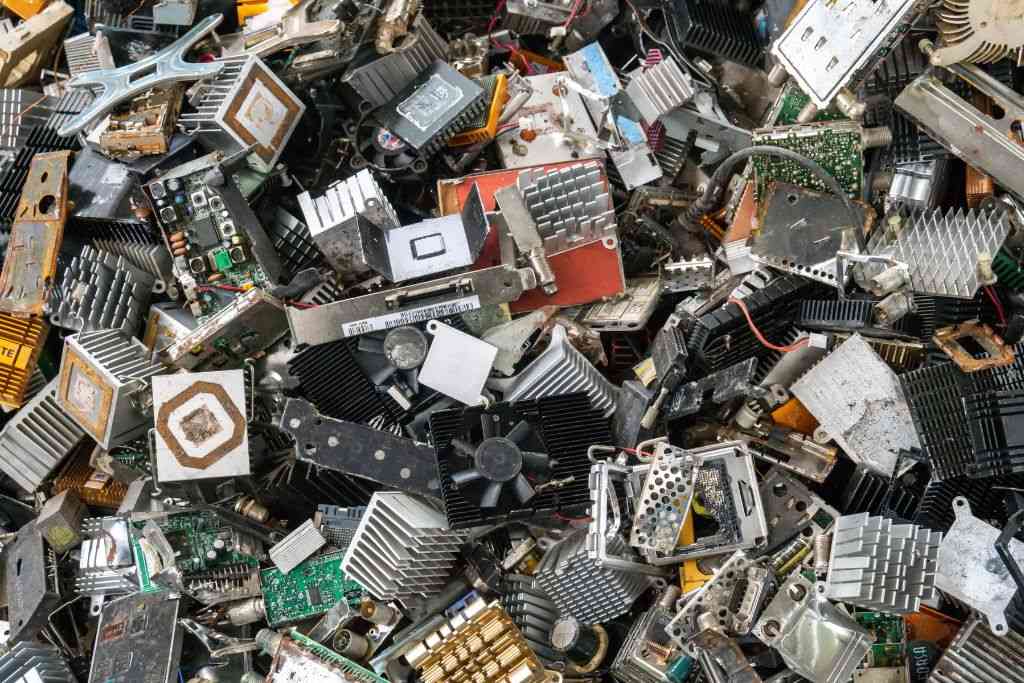
guest column:David Mhlanga
MANY commentators, researchers and economists the world over are increasingly talking about the potential impact of the fourth industrial revolution. Researchers are fully admitting to the fact that the fourth industrial revolution is changing how we live and work, how the economy works and countries are governed.
The Citi and Oxford University in 2016 estimated that 57% of jobs across the Organisation of Economic Co-operation and Development community are at risk of automation and the Financial Times reported in 2016 that between 2000 and 2010, of all the jobs lost in the United States, over 85% were lost to new technologies, and the Bank of England estimated that two thirds of all jobs are capable of being automated within 20 years.
Regardless of the specific data, an indisputable fact is that the fourth industrial revolution has already come, and the current workforce is already feeling the heat. The question which remains is what is the fourth industrial revolution The fourth industrial revolution describes the blurring of boundaries between the physical, digital and biological worlds. It’s a fusion of advances in artificial intelligence (AI), robotics, the Internet of Things (IoT), 3D printing, genetic engineering, quantum computing and other technologies.
In fact, it is the collective force behind many products and services that are fast becoming indispensable to modern life. For example, the GPS systems that suggest the fastest route to a destination, voice-activated virtual assistants such as Apple’s Siri, personalised Netflix recommendations and Facebook’s ability to recognise your face and tag you in a friend’s photo.
As a result of this perfect storm of technologies, the fourth industrial revolution is paving the way for transformative changes in the way we live and radically disrupting almost every business sector. It’s all happening at an unprecedented, whirlwind pace.
This requires economic agents, politicians and policymakers to come up with innovative mechanisms to ensure that they are found prepared. Businesses should also build customer success platforms to keep up with the changing customer expectations.
While the fourth industrial revolution, sometimes called the 4IR or industry 4.0, is set to change society like never before, it builds on foundations laid by the first three industrial revolutions.
- Chamisa under fire over US$120K donation
- Mavhunga puts DeMbare into Chibuku quarterfinals
- Pension funds bet on Cabora Bassa oilfields
- Councils defy govt fire tender directive
Keep Reading
The advent of the steam engine in the 18th century led to the first industrial revolution, allowing production to be mechanised for the first time, and driving social change as people became increasingly urbanised.
In the second industrial revolution, electricity and other scientific advancements led to mass production. A third industrial revolution, beginning in the 1950s, saw the emergence of computers and digital technology.
This led to the increasing automation of manufacturing and the disruption of industries including banking, energy, and communications. The person who labelled today’s advances as a new revolution was Klaus Schwab, founder and executive chairman of the World Economic Forum and author of a book The Fourth Industrial Revolution.
In a 2016 article, Schwab wrote that “like the revolutions that preceded it, the fourth industrial revolution has the potential to raise global income levels and improve the quality of life for populations around the world”.
While the business world is already discussing and preparing for how this revolution will affect their businesses, dubbing it “Industry 4.0”, the wider societal impacts of this new revolution have not, to date, been discussed in depth nor planned for.
There are many questions which governments should be prepared to answer. Are we going to see a rise in the levels of poverty or we are likely to see a fall in the levels of poverty? Will there be an improvement in the quality of life of the people or a decline in the quality of life? Past industrial revolutions have forced society to undergo major and often painful processes of adaptation, for example, from rural, largely agricultural societies, to urban, industrial societies, and then to post-industrial societies dealing with the loss of traditional industries and sources of employment.
The societal impacts of the fourth industrial revolution also appear likely to be far-reaching, resulting not only in the social and economic impacts of the loss of many current jobs, but also fundamental, and increasingly volatile shifts in the nature of work and future jobs, and in how public and private services will be delivered.
The loss of jobs is not a unique feature attributed to the fourth industrial revolution alone, but in all the revolutions there were massive displacements in the labour market.
With all other revolutions, there was movement of labour from one sector to another ie from the primary sector to secondary sector. However, with the fourth industrial revolution, we have other creatures that are taking the jobs previously done by humans. These creatures include computers, robots etc. As a result, this should act as a wake-up call for everyone to be prepared.











